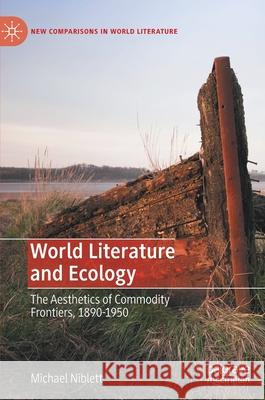World Literature and Ecology: The Aesthetics of Commodity Frontiers, 1890-1950 » książka
topmenu
World Literature and Ecology: The Aesthetics of Commodity Frontiers, 1890-1950
ISBN-13: 9783030385804 / Angielski / Twarda / 2020 / 259 str.
World Literature and Ecology: The Aesthetics of Commodity Frontiers, 1890-1950
ISBN-13: 9783030385804 / Angielski / Twarda / 2020 / 259 str.
cena 322,77
(netto: 307,40 VAT: 5%)
Najniższa cena z 30 dni: 308,41
(netto: 307,40 VAT: 5%)
Najniższa cena z 30 dni: 308,41
Termin realizacji zamówienia:
ok. 22 dni roboczych
Bez gwarancji dostawy przed świętami
ok. 22 dni roboczych
Bez gwarancji dostawy przed świętami
Darmowa dostawa!
Kategorie:
Kategorie BISAC:
Wydawca:
Palgrave MacMillan
Seria wydawnicza:
Język:
Angielski
ISBN-13:
9783030385804
Rok wydania:
2020
Wydanie:
2020
Numer serii:
000793616
Ilość stron:
259
Waga:
0.47 kg
Wymiary:
21.01 x 14.81 x 1.6
Oprawa:
Twarda
Wolumenów:
01
Dodatkowe informacje:
Wydanie ilustrowane











